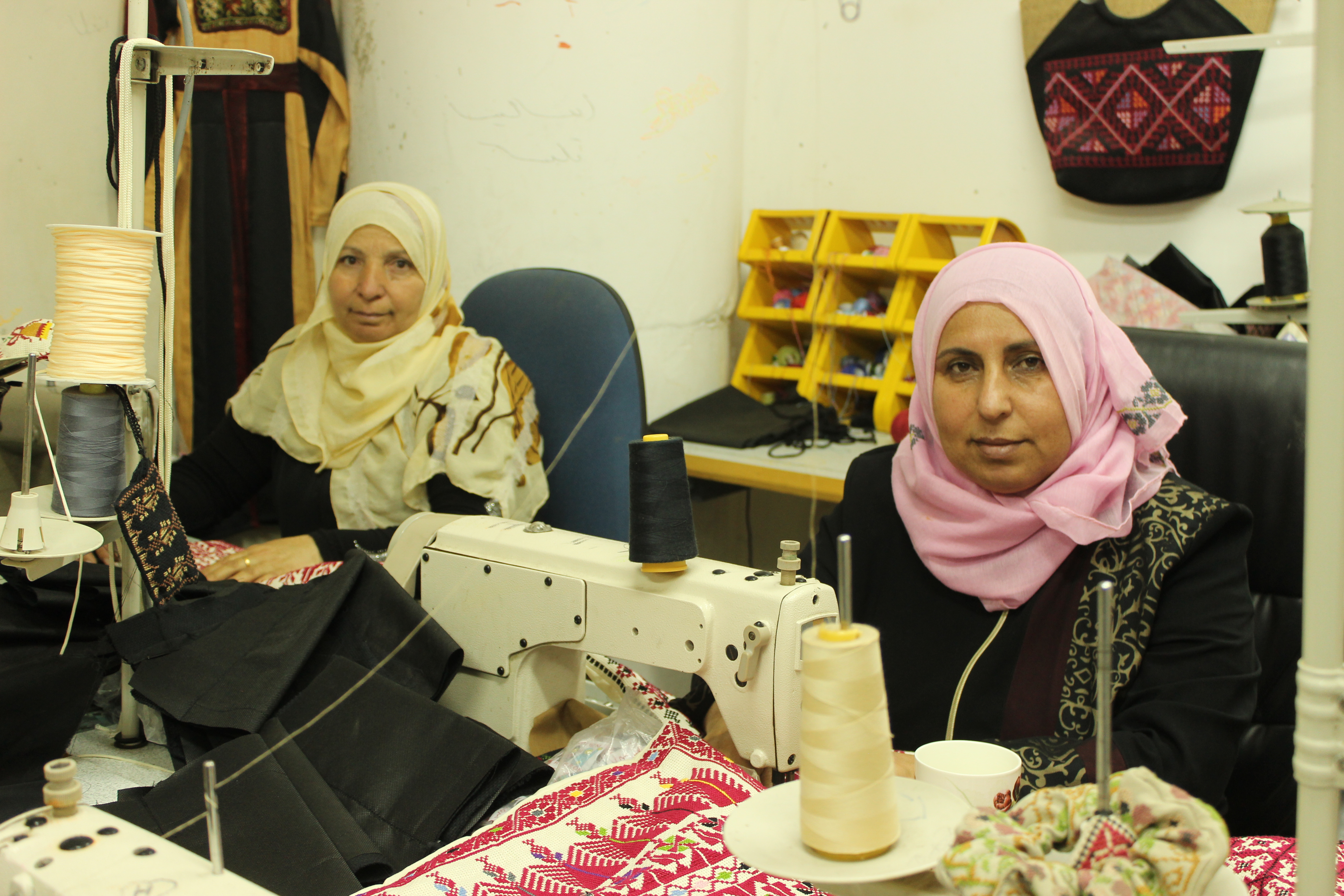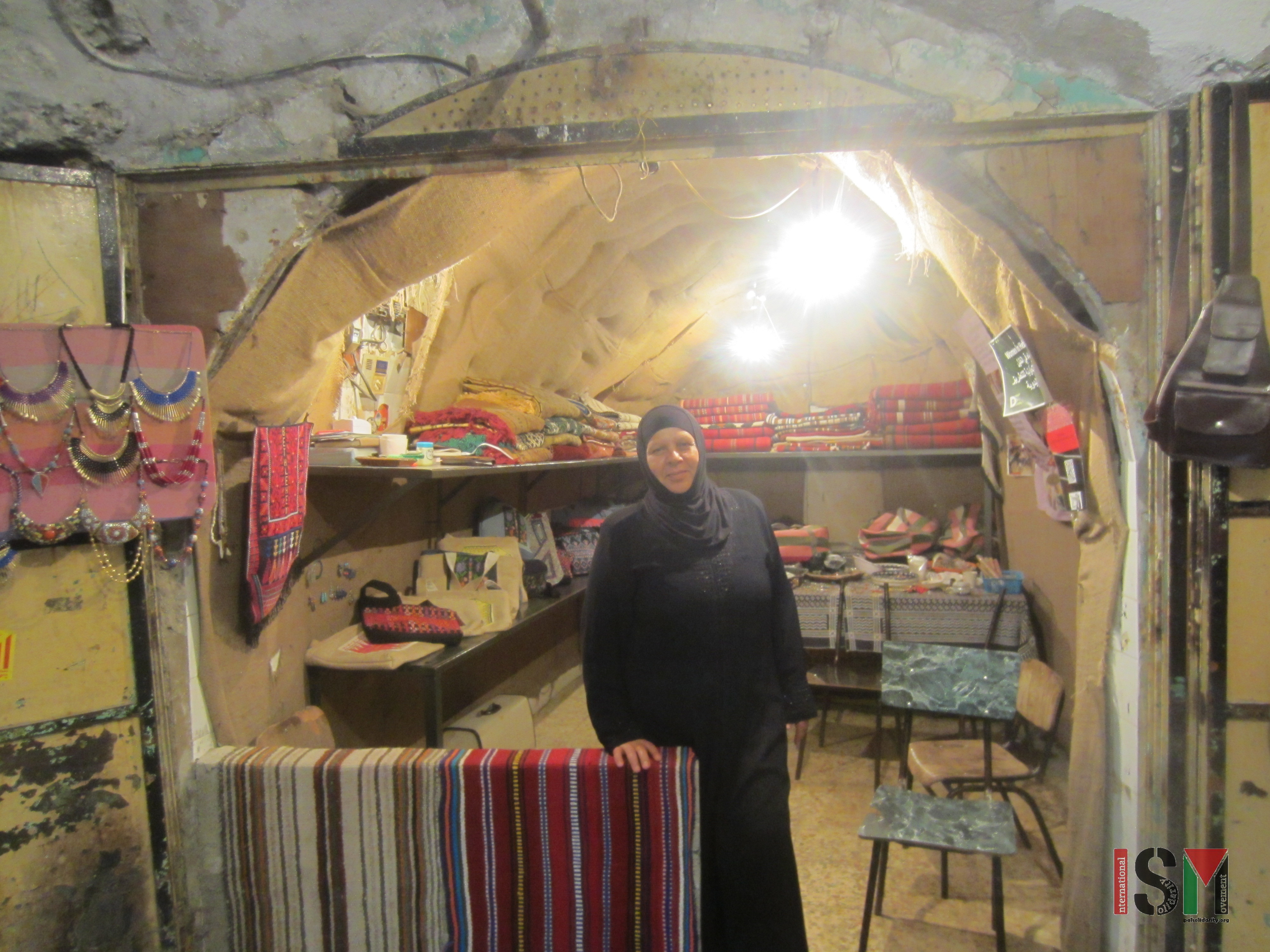Tag: Cooperative
-
Resistance and empowerment in al-Khalil’s women’s cooperative
ISM met with the founder of al-Khalil’s largest women’s cooperative to discuss business, the occupation and women’s empowerment. Idhna is a small town to the west of al-Khalil, located less than a kilometre from the separation wall that divides Israelis from Palestinians. It is also home to the main workshop of Women in Hebron, a…
-
The women in Hebron cooperative
13th September 2015 | International Solidarity Movement, Al-Khalil Team | Hebron, Occupied Palestine International Solidarity Movement human rights monitors spend the afternoon at the Women in Hebron embroidery cooperative where Palestinian women are empowering themselves and persisting with grace in a colourful and beautiful way in a community space amidst the horror of the ongoing…


